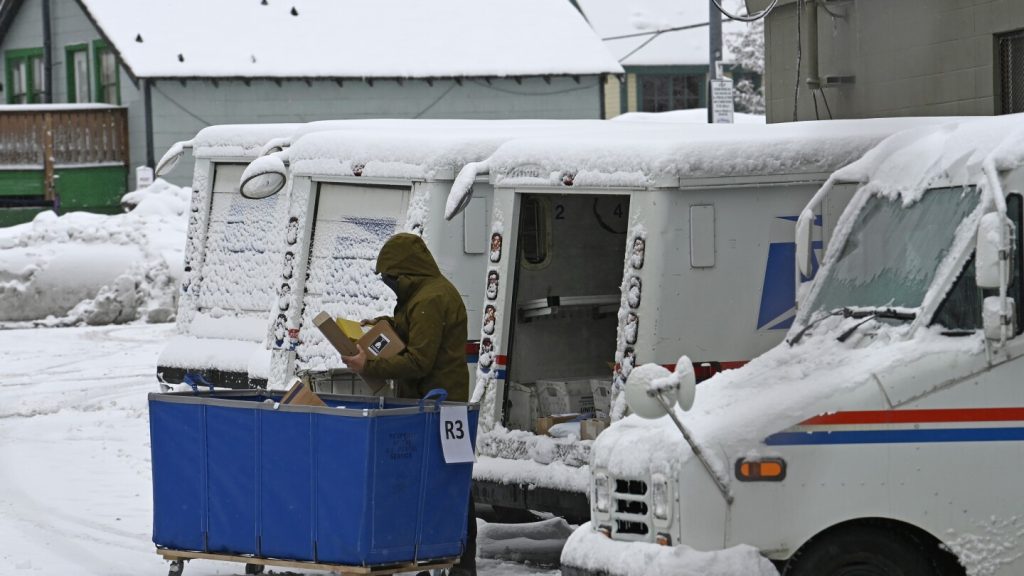The United States Postal Service (USPS) has confirmed its plan to reroute mail processing in the Reno area to Sacramento, which has sparked bipartisan backlash from Nevada lawmakers. The decision, touted by Postmaster General Louis DeJoy as a cost-saving measure, has raised concerns about potential delays in processing mail, particularly mail-in ballots. Democratic Secretary of State Cisco Aguilar warned that the move could disenfranchise voters and impact election results in Nevada.
The USPS claims that the decision to reroute mail processing to Sacramento is backed by a solid business case, as most of the mail processed in Reno is ultimately destined for other locations. The Reno facility will remain open for preparing mail before it is sent out, with USPS planning to invest $13.4 million in renovations. Spokesperson Rod Spurgeon stated that this plan aligns with the USPS Delivering for America plan, aiming for financial sustainability and improved service reliability.
Despite earlier indications that the rerouting would begin in January after the 2024 election, USPS spokesperson Rod Spurgeon clarified that there is currently no set date for implementation. Lawmakers have voiced concerns over potential traffic delays and the unpredictable weather conditions, such as harsh blizzards, that could impede mail processing between Reno and Sacramento. The Northern Nevada congressional delegation, along with Gov. Joe Lombardo and the Washoe County Commission, have all opposed the move.
Democratic Senator Jacky Rosen strongly opposes the restructuring and vows to continue fighting against it. She criticized the decision as being made by “out-of-touch Washington bureaucrats” and pledged to explore all available options to prevent its implementation. Governor Lombardo also expressed his administration’s commitment to fighting against mismanagement in Washington to ensure timely and efficient mail services for Nevadans. The ongoing controversy surrounding the rerouting of mail processing in the Reno area reflects the broader tensions between federal decisions and local concerns.


